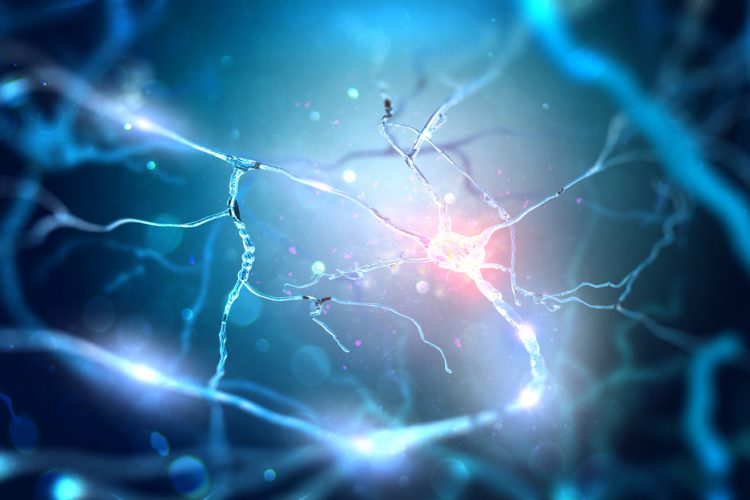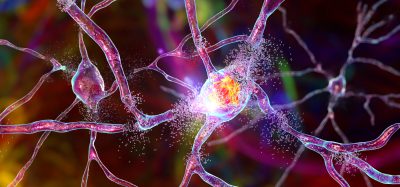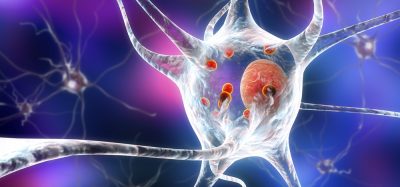New drug target for depression identified
Posted: 23 May 2019 | Victoria Rees (Drug Target Review) | No comments yet
Researchers find key molecule in depression and identify new therapeutic targets.


Researchers at the Department of Human Physiology of the UMA Faculty of Medicine have identified a new drug target that could help to combat depression.
The research group, “Neurochemistry of the Transmission in the Central Nervous System”, co-directed by Professor Zaida Díaz-Cabiale, has found that ‘GAL (1-15)’, a part of the brain molecule ‘Galanin’ neuropeptide, is central to anhedonia which is the loss of pleasure in usual daily activities and a common symptom of depression.
“We have verified through different experiments how animals modify their response to high-reinforcement appetitive stimuli, such as saccharine or sexual attraction, after the administration of the Galanin fragment”, explains researcher Carmelo Millón, one of the authors of this study, published in Journal of Psychopharmacology.
A researcher of Karolinska Institute in Sweden also took part in the study. They examined the brain reinforcement system at a molecular level and saw that the brain’s circuit of supporting positive behaviour was hindered by the Galanin fragment, reaffirming the findings. Most treatments for depression are SSRIs (selective serotonin reuptake inhibitors). These drugs can take up to two weeks to begin effecting the patient and a further 30 percent of all patients are resistant to this drug.
The findings can provide new ways for depression to be treated. Millón went on to say that: “The understanding of these mechanisms opens the way for endless therapeutic strategies, hence its importance.”
Related topics
Drug Targets, Neurosciences, Peptide Therapeutics, Research & Development
Related conditions
Depression
Related organisations
Department of Human Physiology of the UMA Faculty of Medicine, Karolinska Institute
Related people
Carmelo Millón, Professor Zaida Díaz-Cabiale








